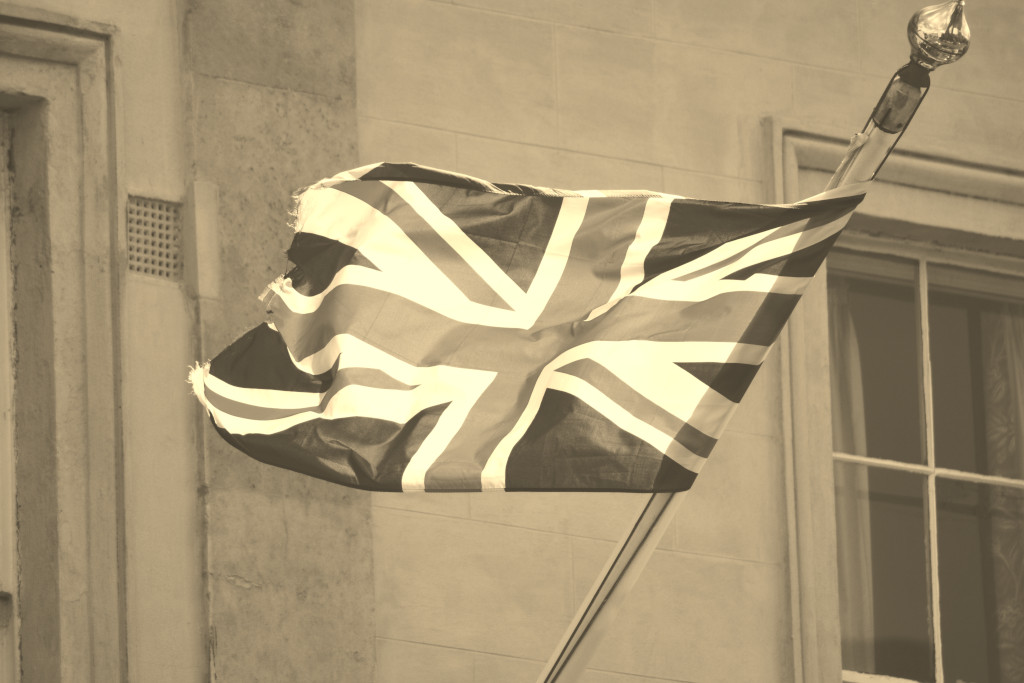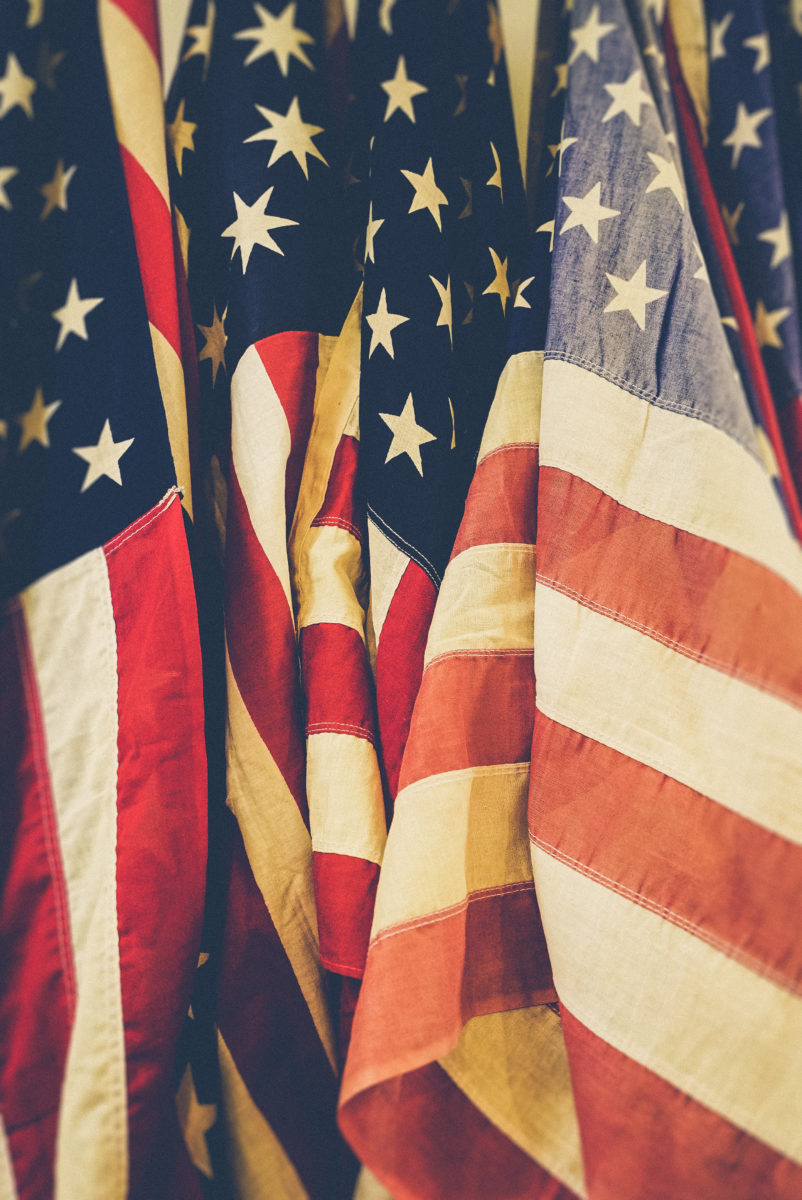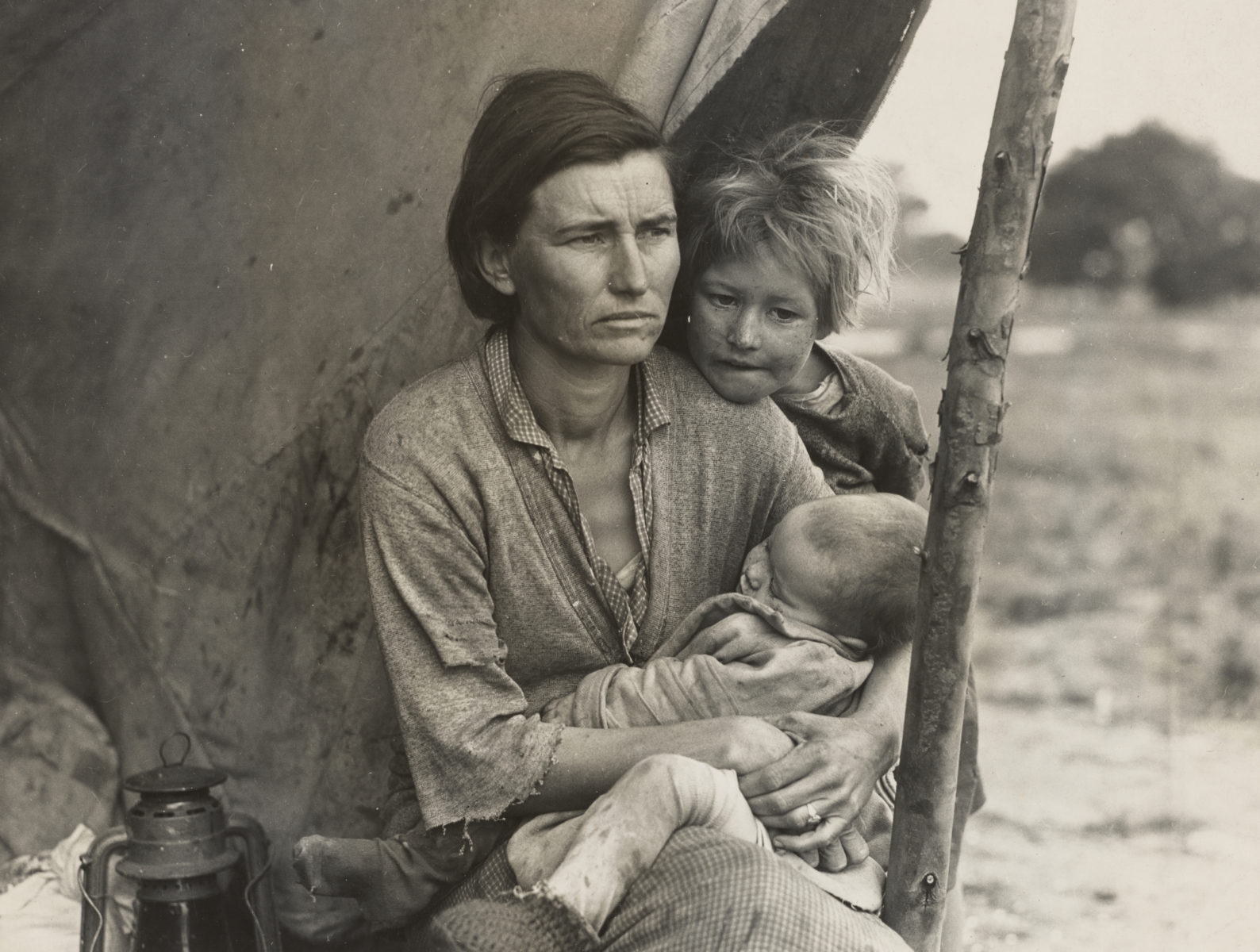I teach a variety of history classes for adults in the Bolton area through Enjoy Learning.

Poverty and Welfare 1815-1950
Poverty and welfare from 1815-1950 looks at how the Poor Law operated, the workhouse system and distinguishing between the deserving and undeserving poor. It will cover contagious diseases such as typhoid, scarlet fever, TB and cholera and public health acts designed to help address these issues. It will also look at the work of social investigators into poverty and their influence on government policy leading to the Liberal reforms in the early 20th century, the Welfare State and the introduction of the NHS in 1948.

History of the USA 1890-1920s: Continuity and Change, Prosperity and Prohibition
This course will explore American history from 1890 until the boom time of the 1920s and will chart the elements of continuity and change in a nation which was changing and evolving at a rapid pace. Issues covered include race relations especially those of white Americans and Afro-Americans, immigration and its effects upon the USA, the rise of big business and the growth of progressivism whose aim was to pass reforms to counter corruption. The boom in industry resulting from mass production and its effects upon the US economy will be explored and America’s entry and role in the First World War. Next, the roaring 20s will be examined, including the role of jazz and cinema, the changing roles of women and the rise of gangsters including characters such as Al Capone. Finally, prohibition, America’s ‘great noble experiment’, will be analysed and explored and its failure explained.

History of the USA 1929-1947: The Wall St Crash, The Great Depression, The New Deal and Its Legacy and US Entry Into the Second World War (A14)
This course will explore the devastating effects of The Wall St Crash of 1929 and how it affected the US economy leading to a massive slump which had world-wide consequences. The role of President Hoover and his inability to deal with the crisis will be examined as well as the social effects upon the American citizens including the veterans’ march on Washington in 1932. The election of Roosevelt and his subsequent New Deal policies will be explored and the views of historians of their impact and legacy will be addressed. US foreign policy will also be examined, including the ‘special relationship’ with Great Britain and the US entry into the Second World War following the bombing of Pearl Harbour. The course will conclude by looking at US political and world views in the immediate post war era and especially their great fear of communism.